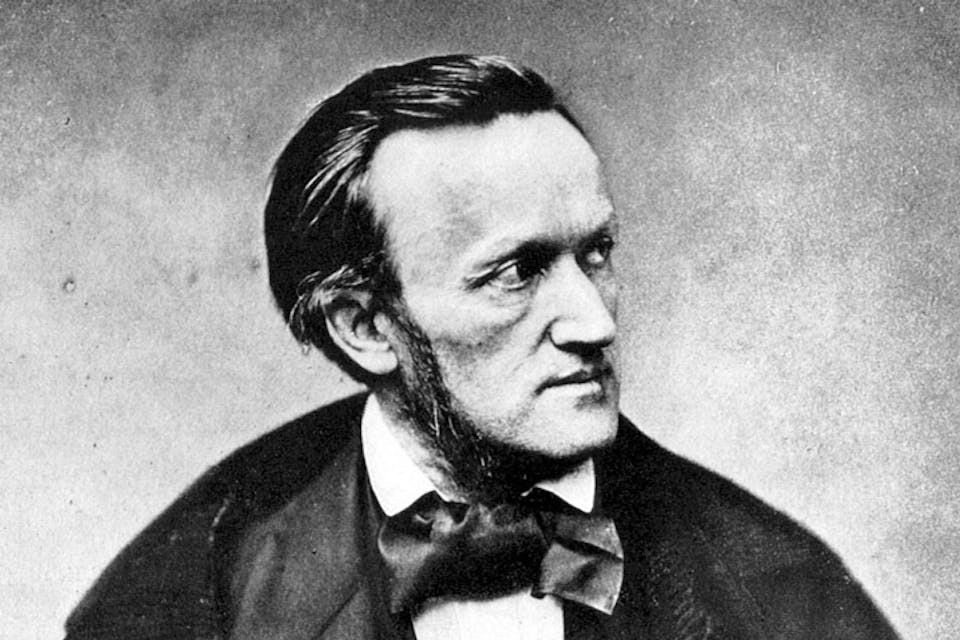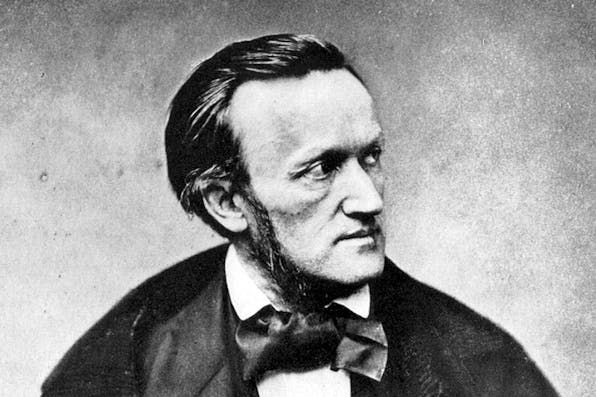
January 22, 2015
Wagner’s Jewish Followers
Hating Wagner is a debilitating Jewish habit. So is loving him.
In the 1993 film Manhattan Murder Mystery, Woody Allen remarks: “I can’t listen to too much Wagner, ya know? I start to get the urge to conquer Poland.” This quip comes to mind on reading Nathan Shields’s probing essay, “Wagner and the Jews.” We can love Wagner’s music or detest it, but we cannot evade its link to politics. Nor can we escape the intensity of its emotional impact on modern listeners. That is because, as Shields lucidly demonstrates, Wagner’s colossal new cultural vision encompassed the totality of human emotion and experience. This was not accidental. For Wagner sought to conscript all of art’s manifold powers into a vast drama of human redemption. And, as Shields shows, Wagner’s redemptive design actually needed, in some fundamental way, modern anti-Semitism to realize itself.
This is a big charge, one that musicians, critics, and scholars continue to debate heatedly. There remains room for discussion, for instance, on how much anti-Jewish imagery can be detected across the length and breadth of Wagner’s music. Nor does every ominous reference in his writings to foreignness, or invocation of Germandom, correlate neatly with a murderous drama of Germans and Jews.
Still, it is difficult to ignore a character like Mime in Siegfried. Witness the 1898 comment of the Jewish-born composer Gustav Mahler: “I am convinced that this figure is the embodied persiflage of a Jew, as intended by Wagner (with all the traits which he gave him: his petty cleverness, greed, and all the complete musically and textually excellent jargon [Yiddishized German]).” Mahler knew whereof he spoke. Anti-Semitism was a constant in his life and career in fin-de-siècle Vienna. Likewise, there can be no doubt, as Shields again shows us, that Wagner used the figure of the Jew to criticize the ills of his own society. He built his vision of the German future by imagining a world in which Jews vanish. In doing so, as I have argued elsewhere, he bequeathed a racial myth to modern music that has still not received its full reckoning.



